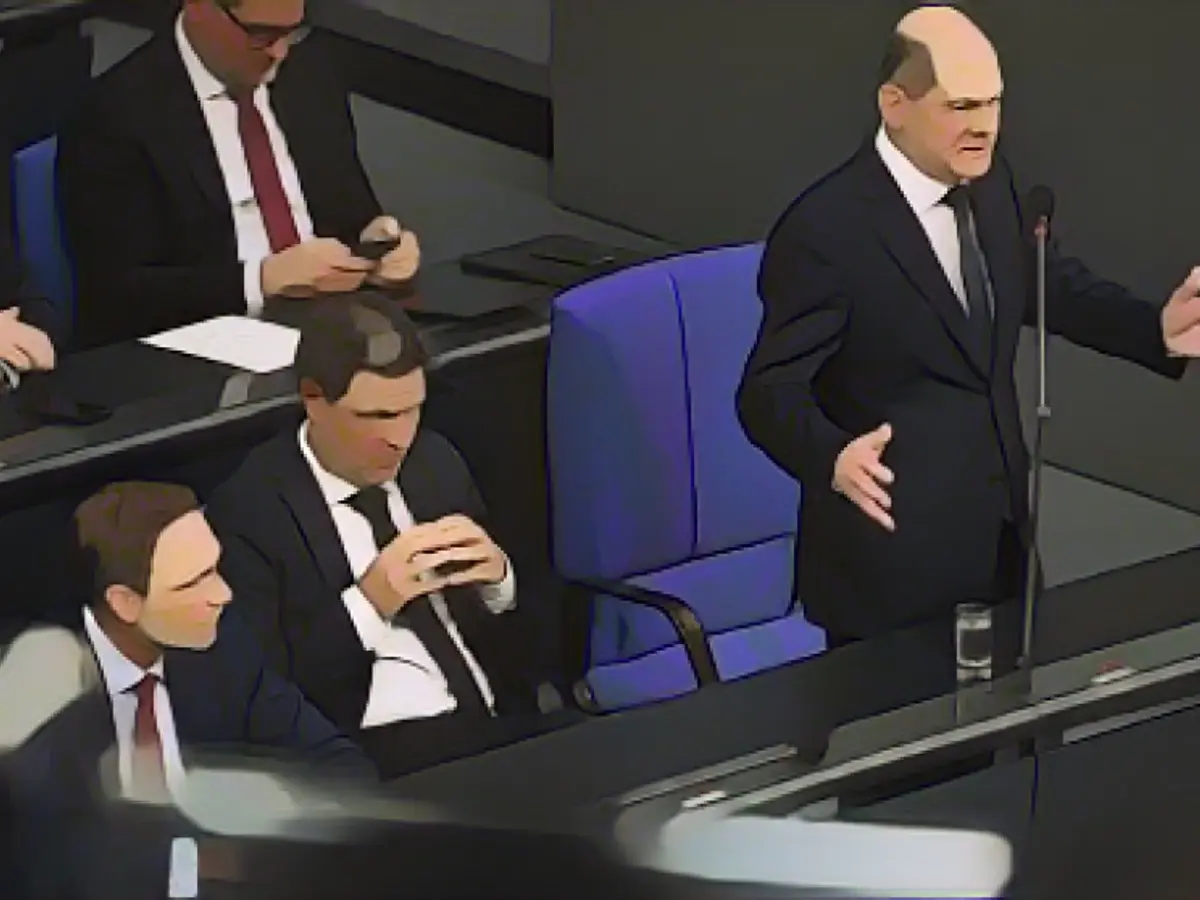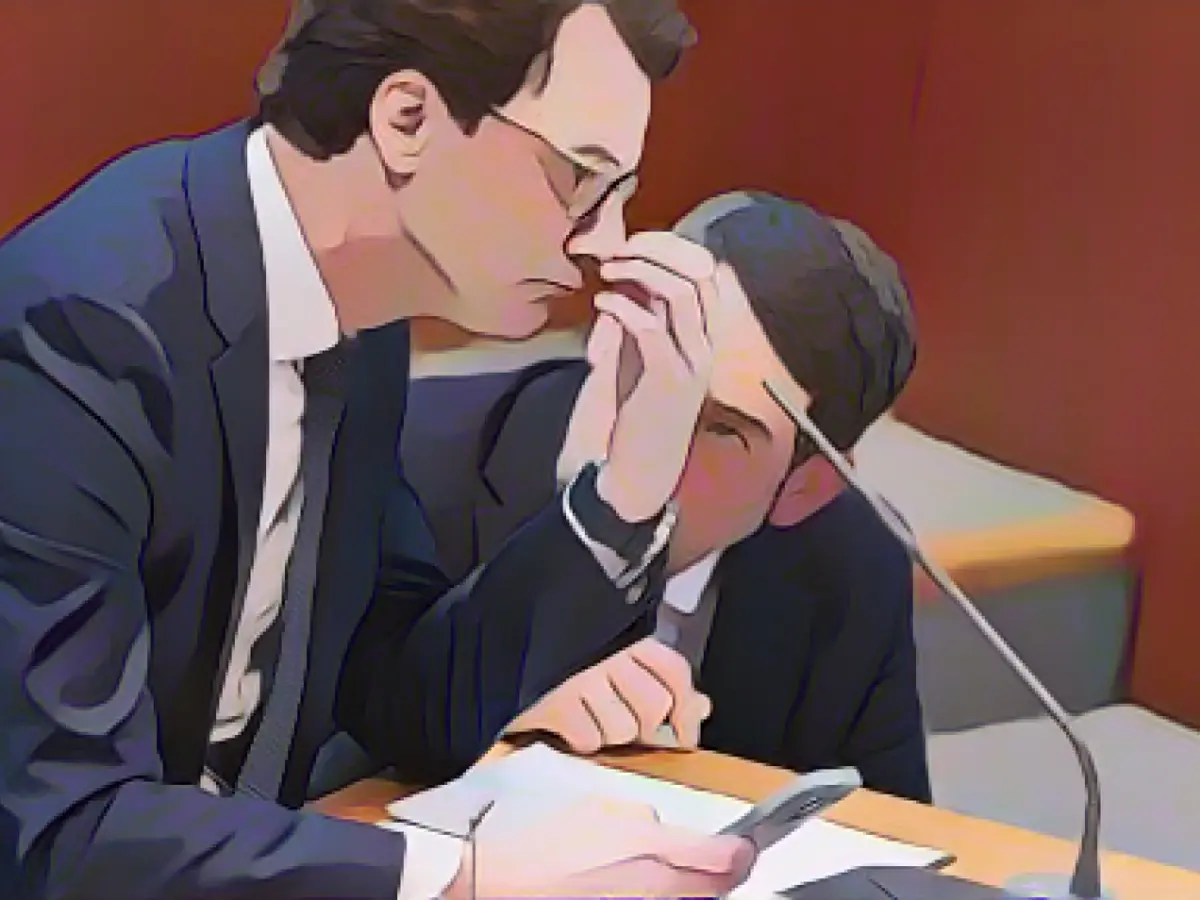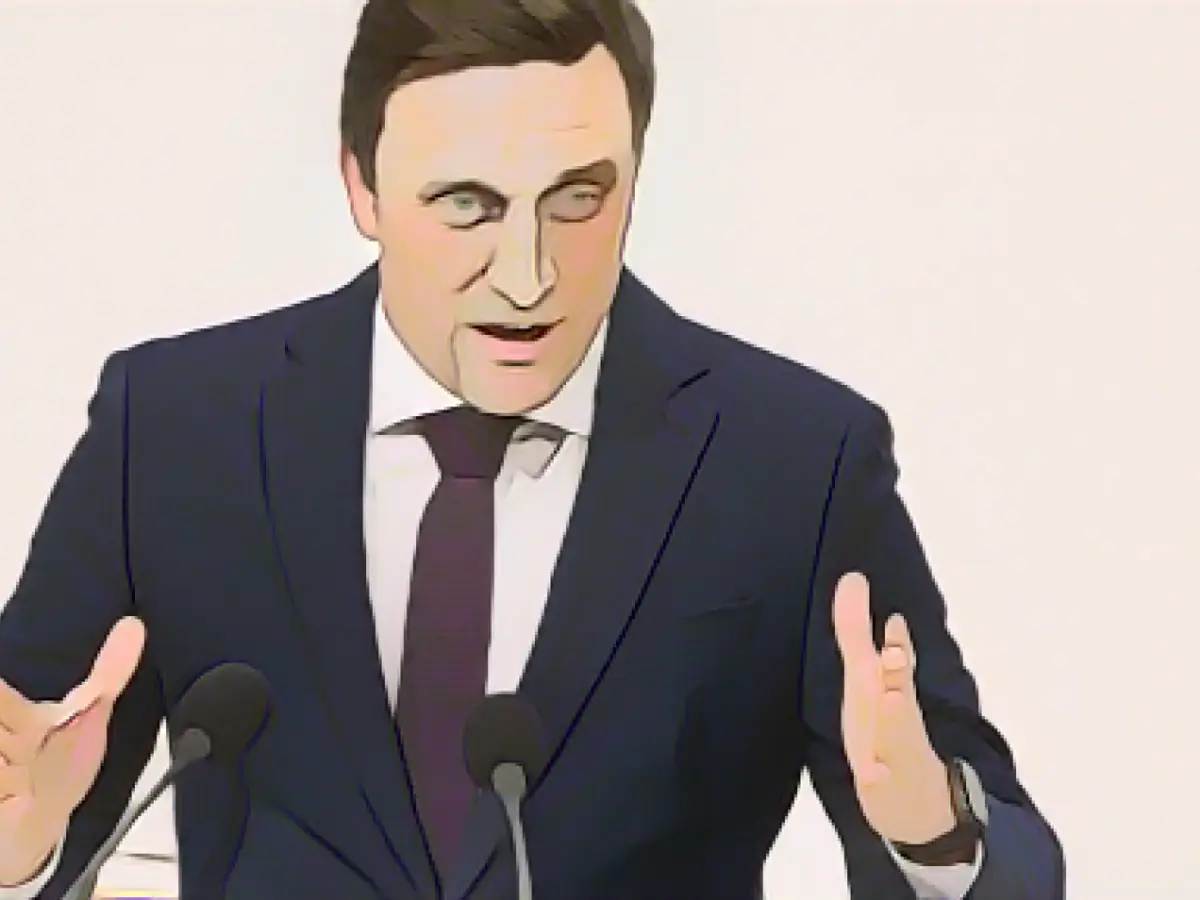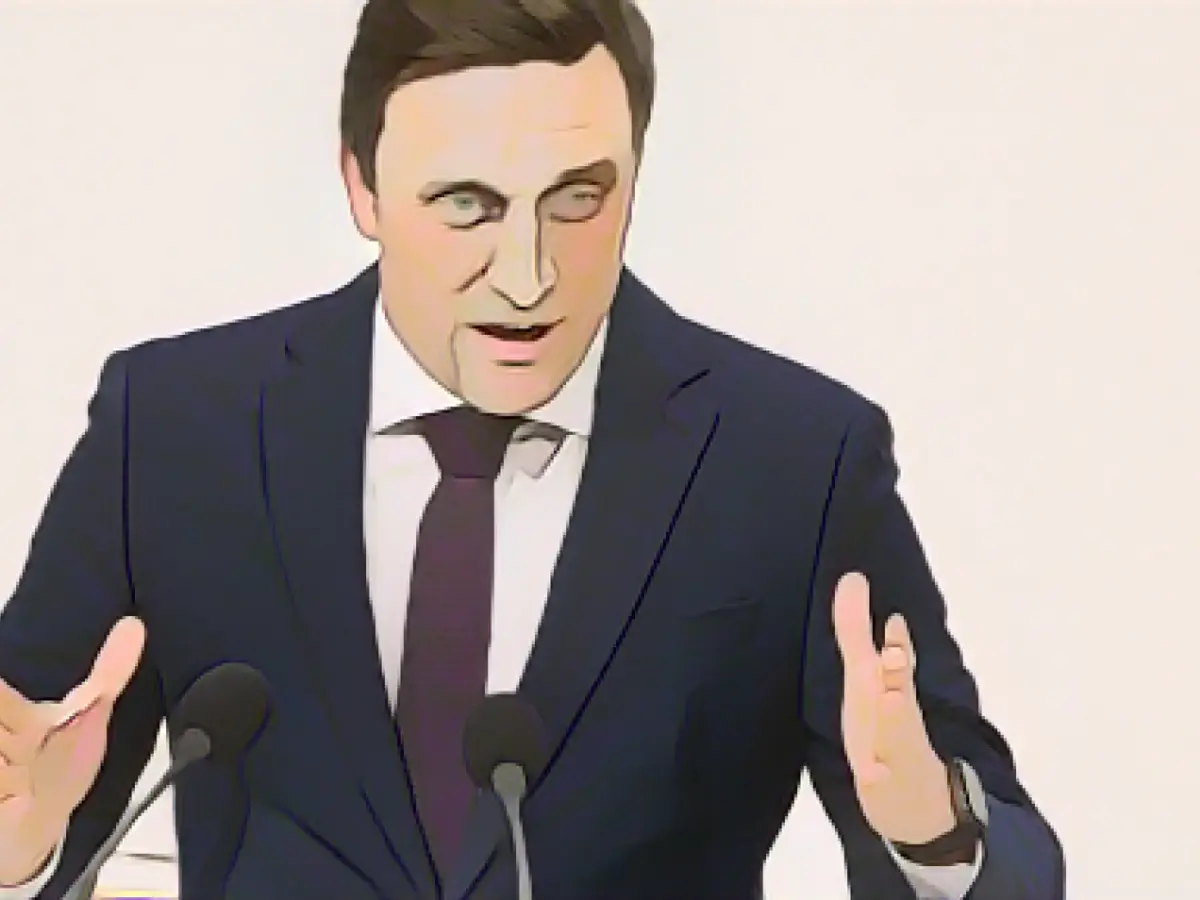**German Citizens: Let's Get Frugal!****
Hey there, Federal Government, take a gander at this survey!
According to the INSA survey, the most popular request from the public is for the German government to slash expenses to plug the 60 billion euro gap in the climate and transformation fund (46%).
Twenty-one percent are all for taking on debt, while just eleven percent back tax increases.
A fifth (20%) believe in finding alternative ways to close the gap, seven percent think the government should stand pat, and another thirteen percent declined to comment.
In layman's terms, spending cuts are the public's preferred measure across all political spectrums. Linke supporters are the least enthusiastic (36%), while FDP voters are the most passionate about it (66%).
And here's the kicker: FDP voters are also the most in favor of debt (33%) and tax hikes (19%).
The story doesn't end there, though. Following a complaint from the CDU, Germany's Federal Constitutional Court declared the 2021 supplementary budget amendment unconstitutional. The court cited doubts about the effectiveness of the debt brake, which had been a major sticking point in the Traffic Light Coalition's financial planning.
The upshot? A political tempest, and the final outcome is still up in the air.
For Olaf Scholz, as the leader of the Traffic Light Coalition, this budget debate presents a formidable challenge. He's got to strike a balance between the public's demand for spending cuts and avoiding excessive debt, a position favored by few.
Credit:bild.de
Here are some strategies Scholz might consider addressing the public's call for fiscal responsibility:
- Debt Brake Revision:
- Promote a revised intergenerational debt rule that balances fiscal prudence with long-term investment, e.g., by adjusting debt limits for economic downturns and exempting green initiatives.
- Spending Prioritization:
- Invest in national security by ensuring Germany meets NATO's defense spending target. This could appeal to voters concerned about protection.
- Fiscal Consolidation:
- Address "tax bracket creep" and boost child benefits, along with tax incentives to boost SMEs. Careful assessment is key to gauge their impact on deficit reduction.
- Efficient Public Spending:
- Adjust government expenditure to demographic changes, focusing on essential services.
- Transparency:
- Stage open, transparent debates on the budget and spending cuts, explaining the rationales behind them.
- Targeted Policy:
- Prioritize healthcare and education while sticking to debt limits, addressing demands for quality public services.
By implementing these strategies, Scholz can meet the public's call for spending cuts without triggering an avalanche of debt. This approach aims to strike a delicate balance between fiscal responsibility and long-term investment in essential services.








